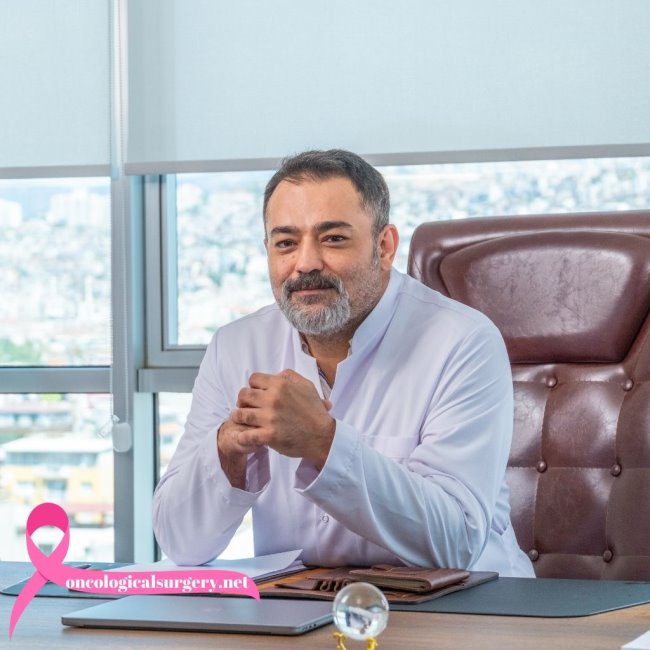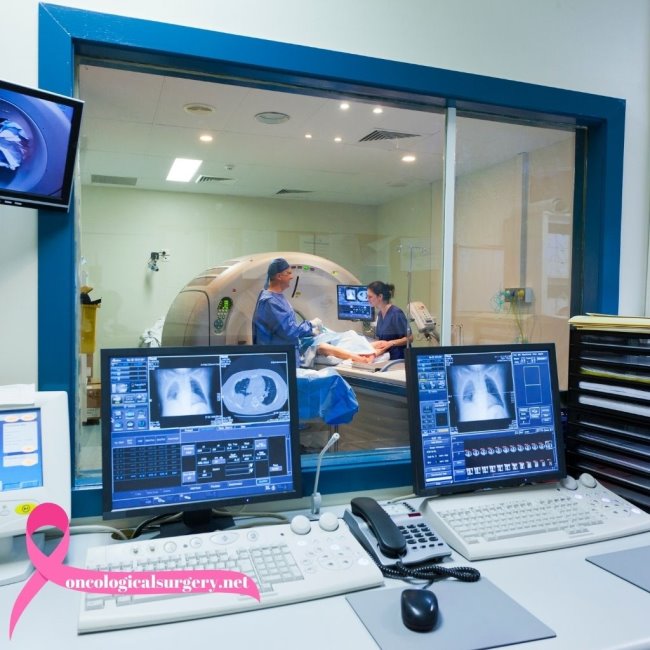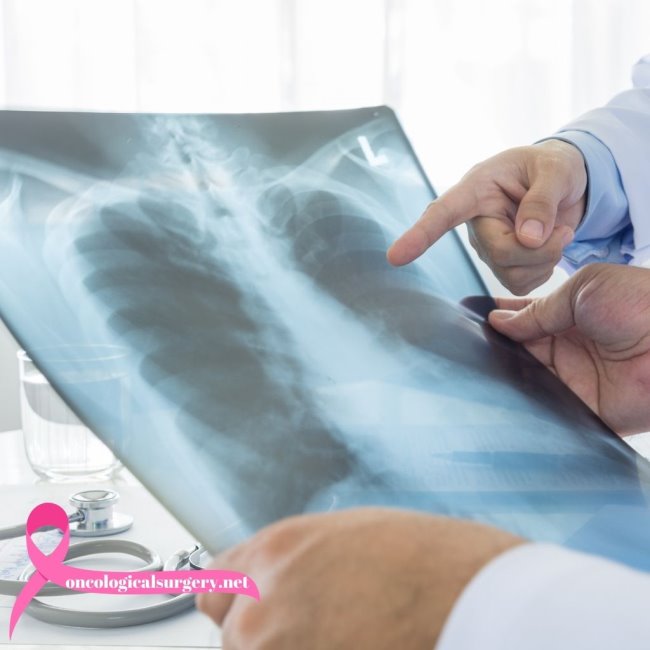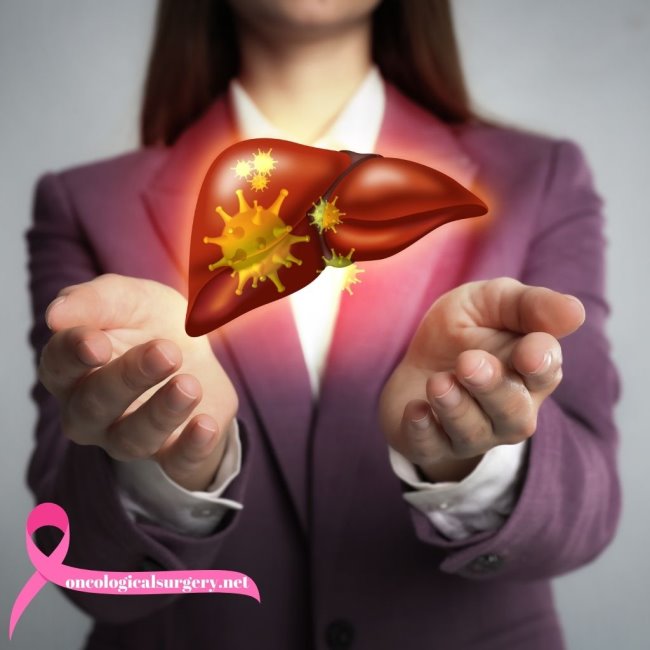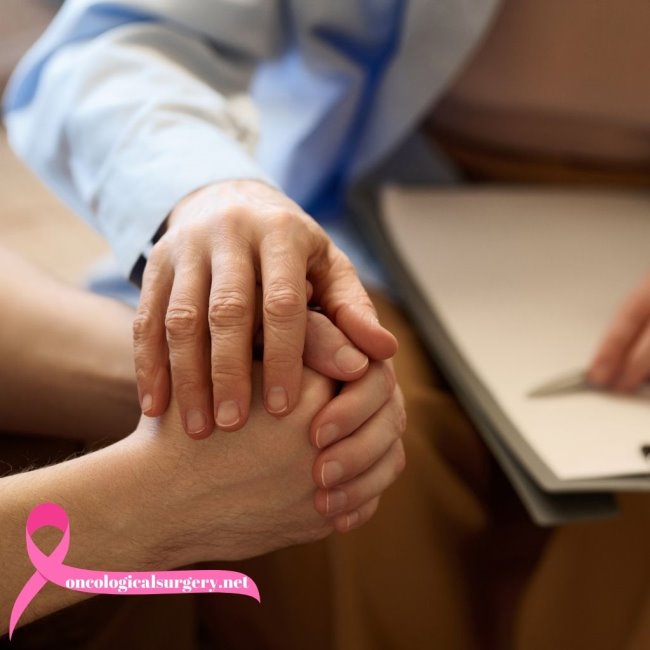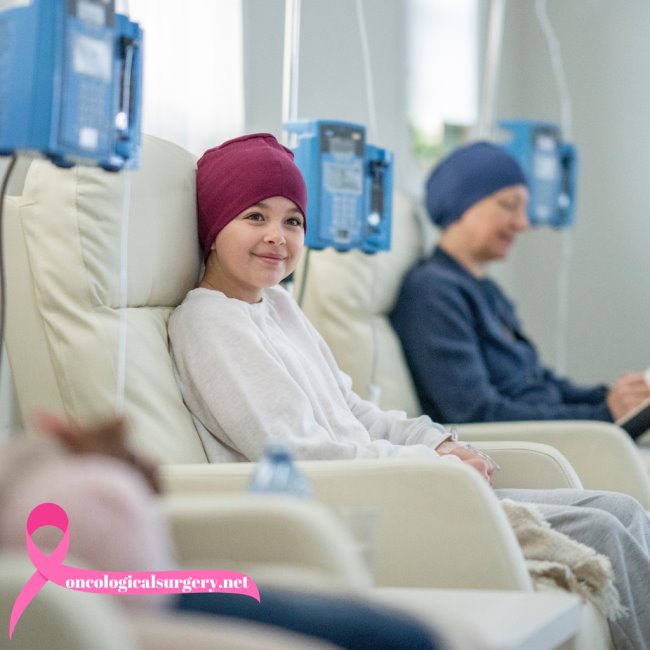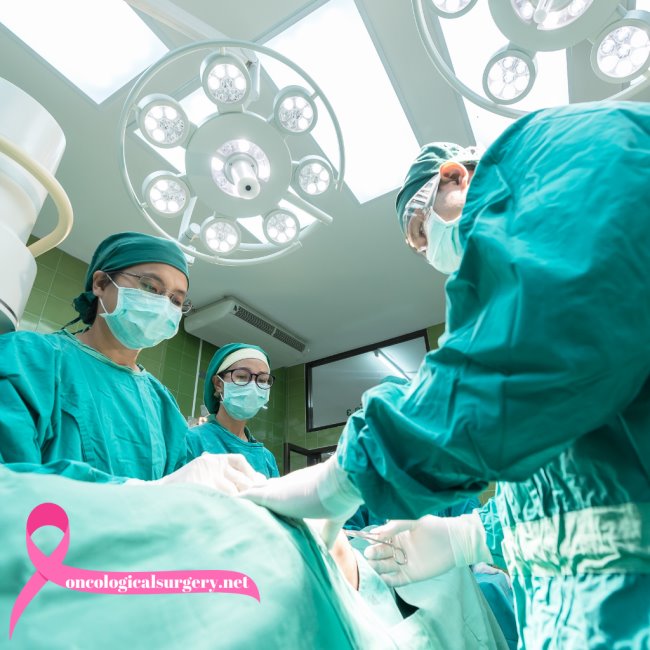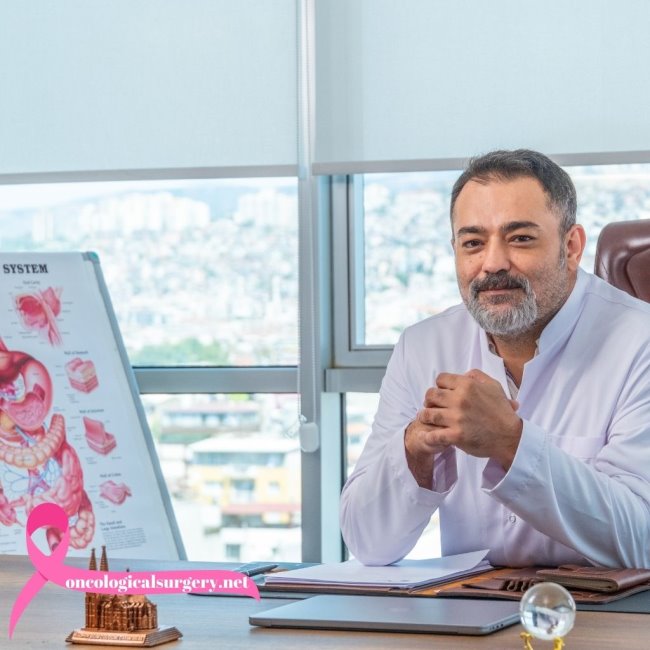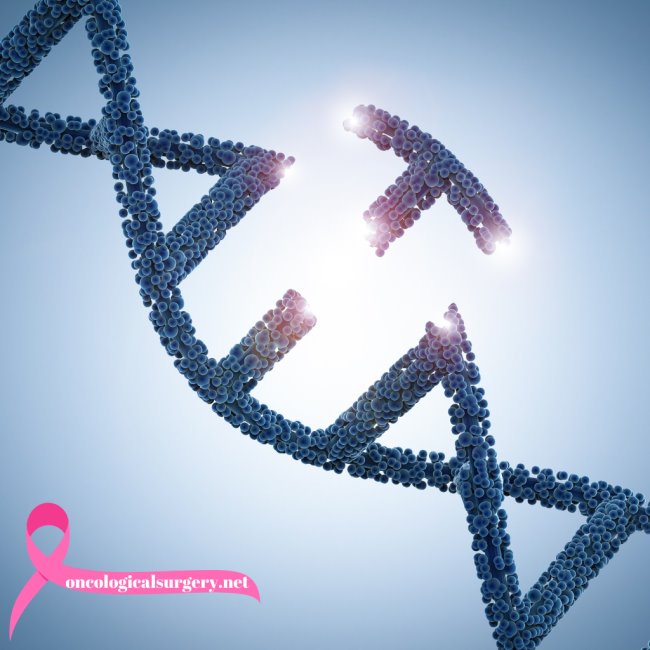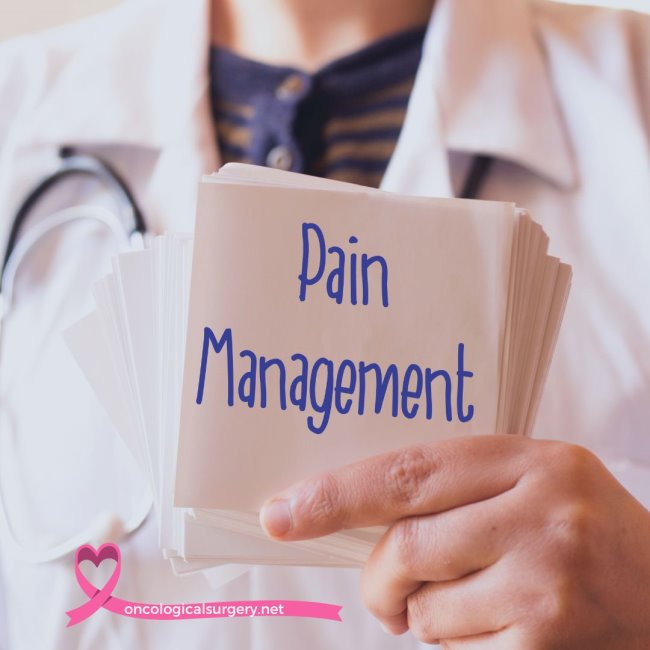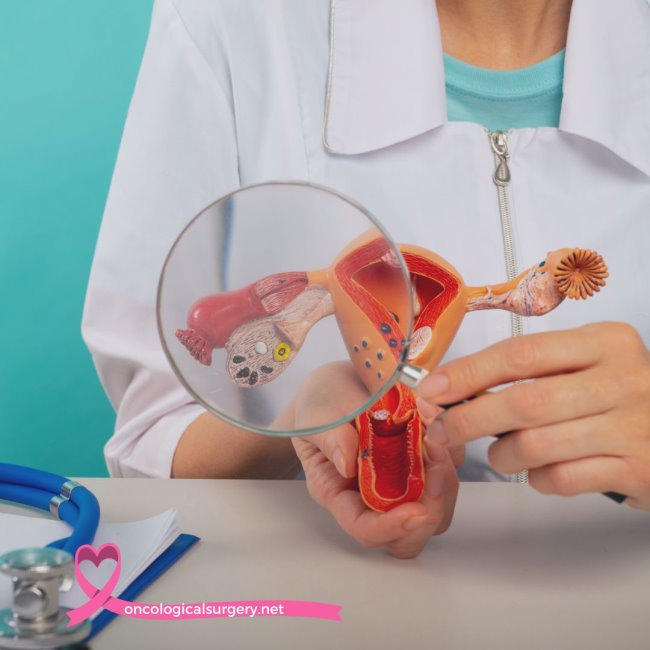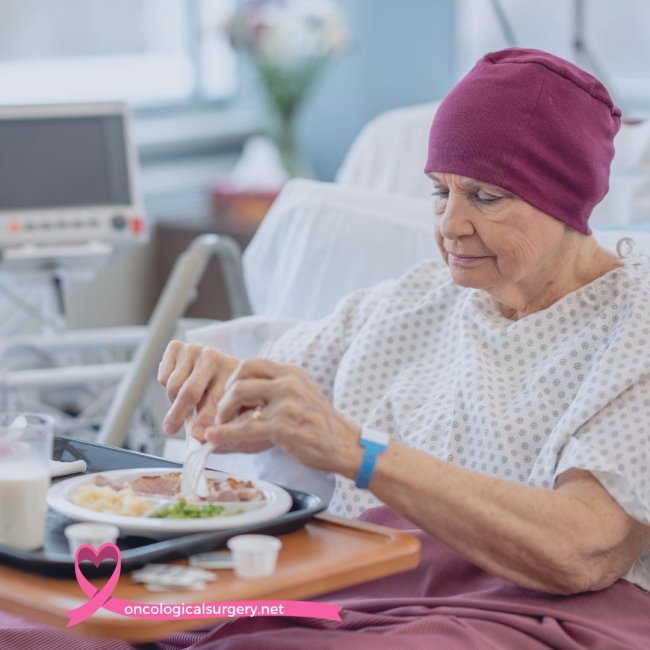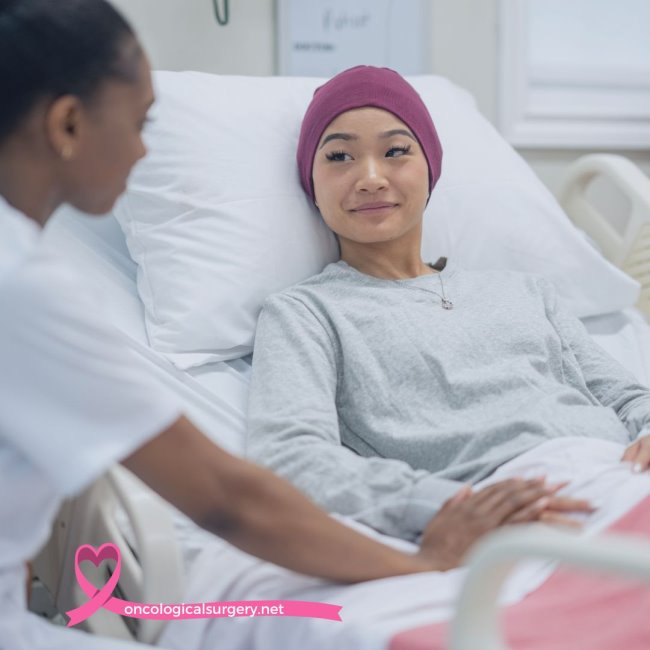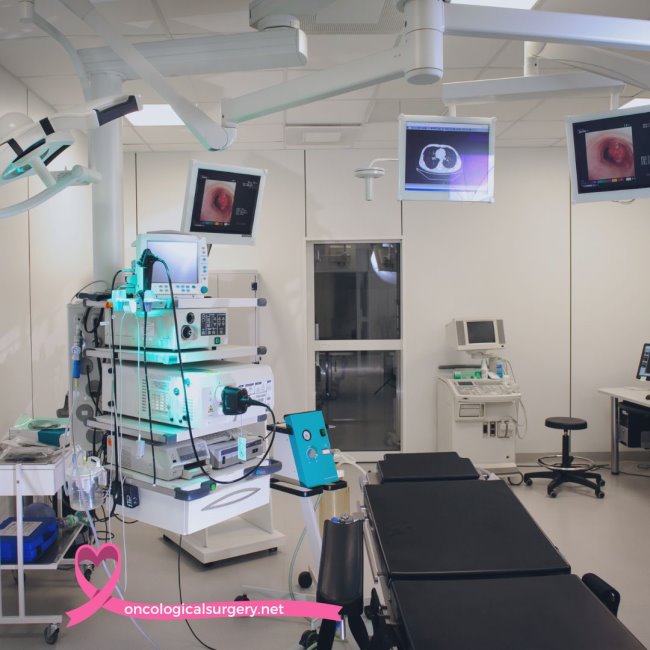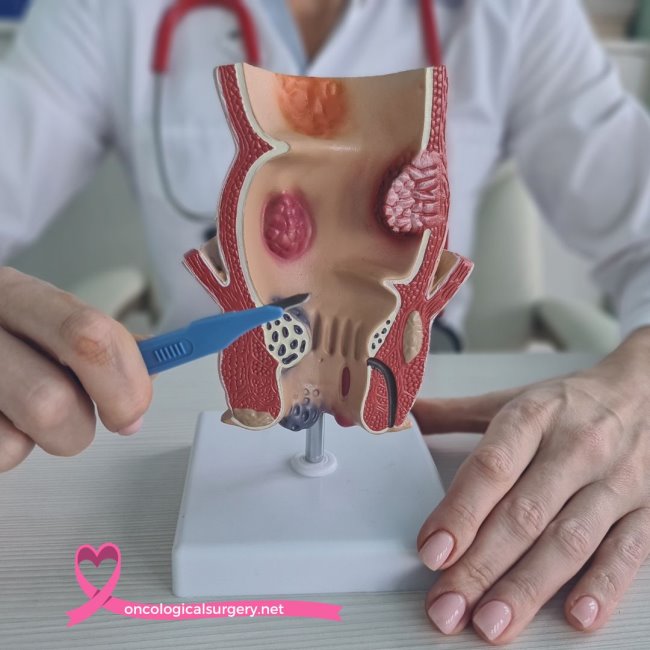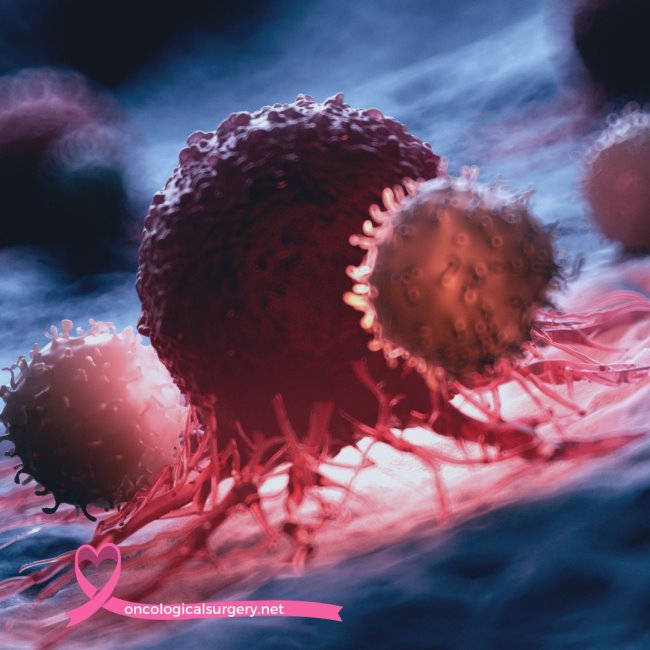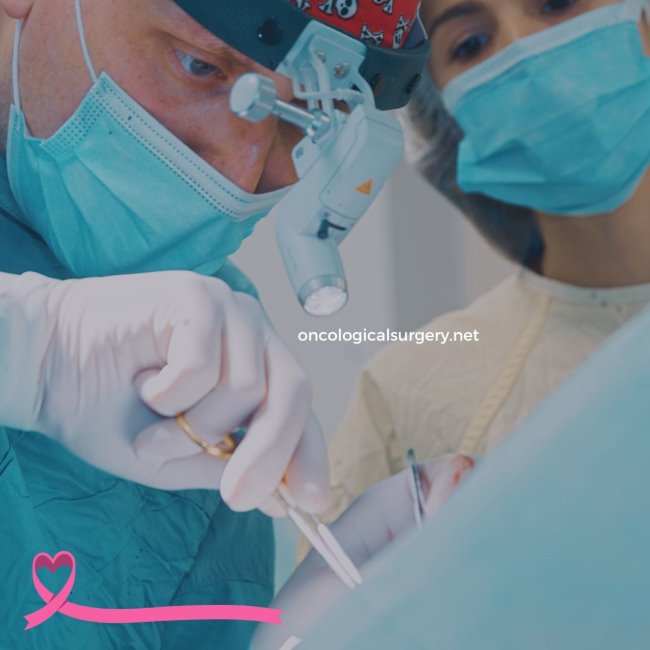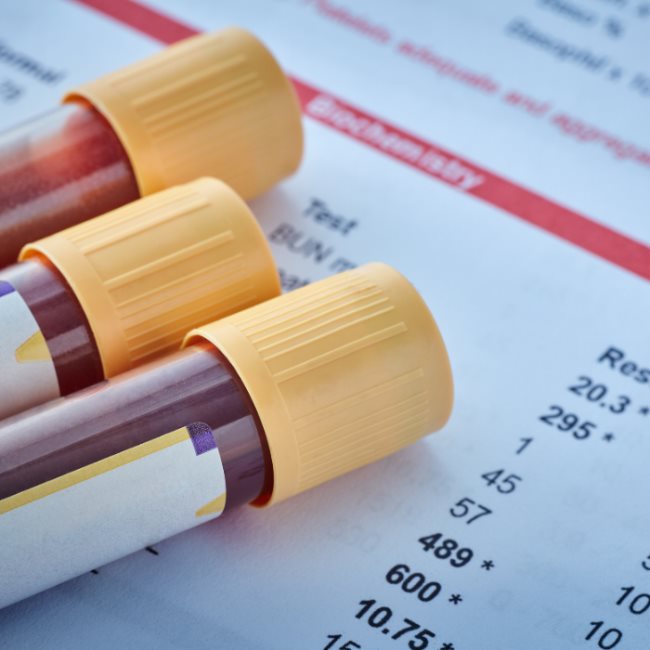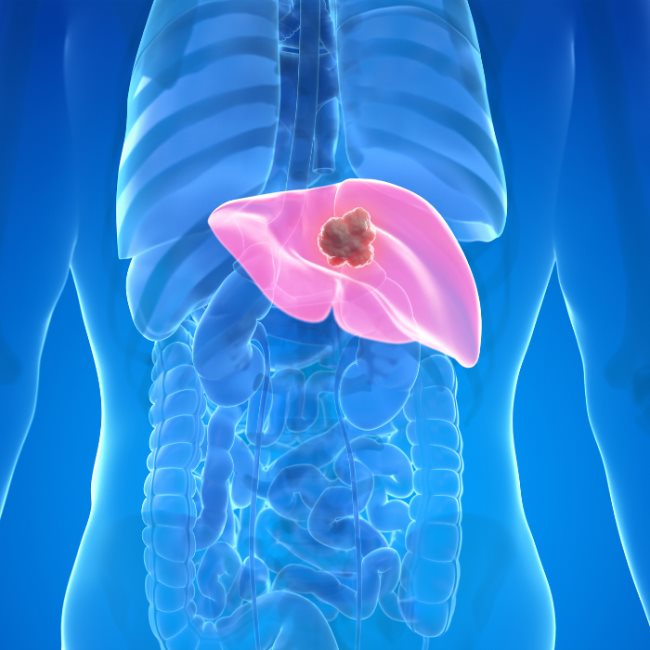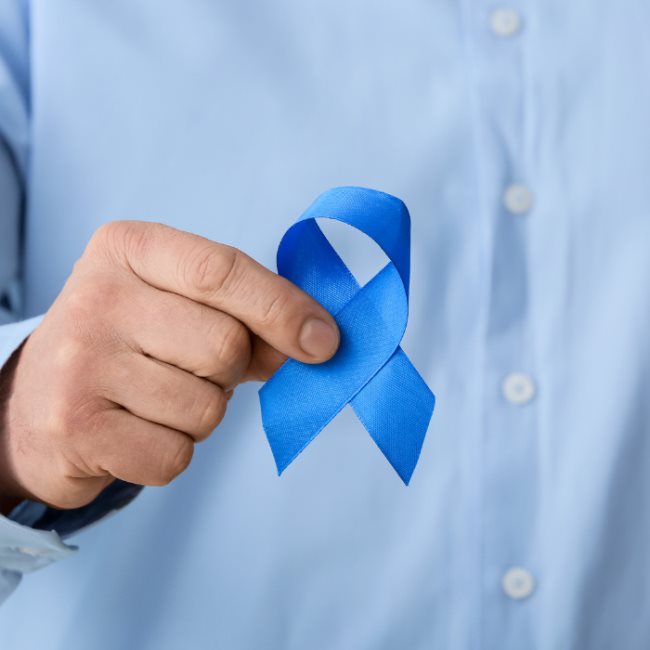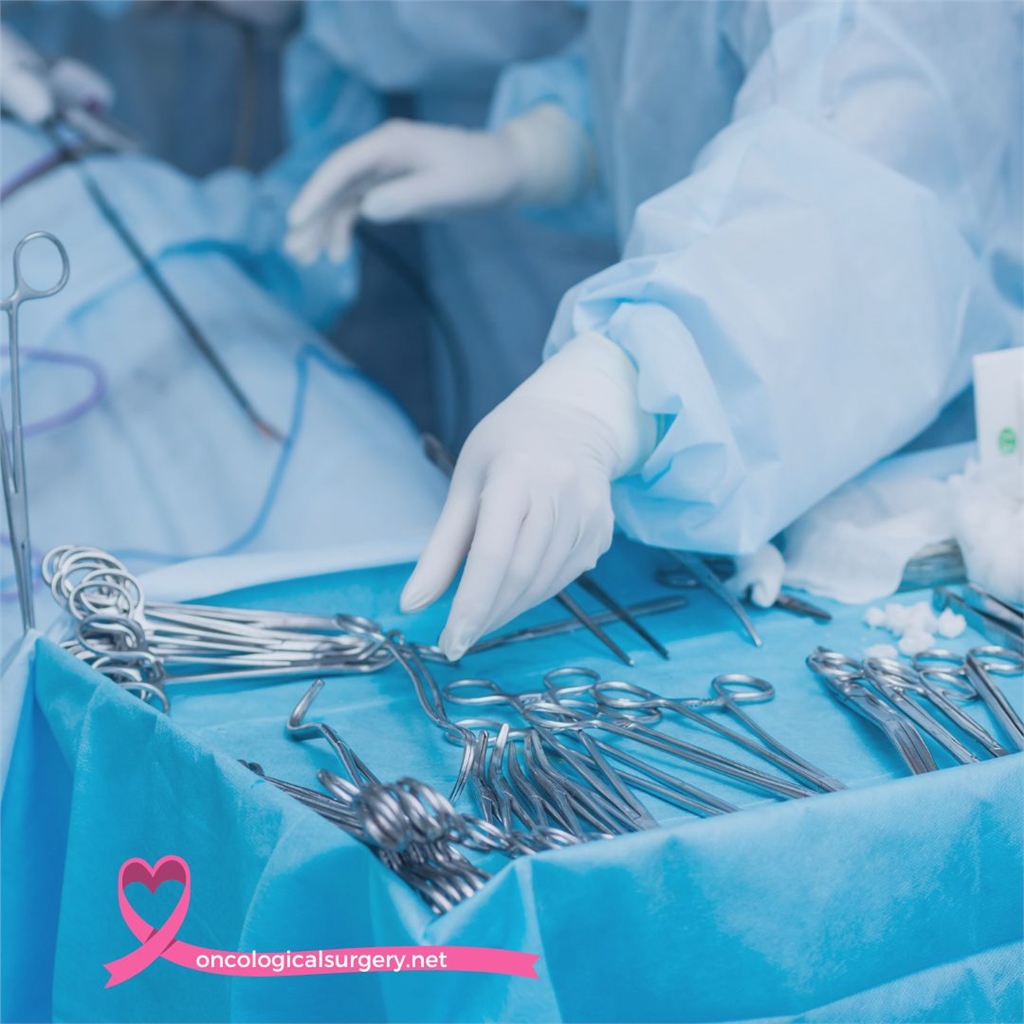
The Impact of Nutrition on Recovery After Oncology Surgery
Knowing Oncology Surgery
Oncology surgery is one of the treatment approaches to cure cancer and generally involves removal of tumors and tissues around them. It is crucial in many kinds of cancer treatment, such as colon, pancreatic, stomach, and thyroid cancers. These surgical operations are closely related to a number of factors that could affect their success, among them nutritional status.
Good nutrition is an important part of the recovery process after oncology surgery. Proper nutrition can assist in enhancing wound healing, the strengthening of the immune system, and generally enhancing the recovery process. Patients with oncology surgery, such as Oncology Surgery, require particular nutritional plans that will enable them to recover.
Nutrition and Its Role in Healing
Nutrition plays an important role in the recovery and healing process after surgery. The building blocks for tissue repair and immune function are provided by proteins, vitamins, and minerals. A diet rich in these elements can therefore make all the difference to the speed and quality of recovery.
Proteins are considered the building blocks of tissue repair. They contribute to muscle and tissue rebuilding, which may have been compromised due to the surgery. Vitamins, especially vitamin C and vitamin A, support collagen synthesis and immune function. Trace minerals, such as zinc and iron, are also important for wound healing and immune system support.
Nutrients Important for Recovery
A good balance in all classes of food will help a person recover from oncology surgery. Indeed, proteins, carbohydrates, fats, vitamins, and minerals play specific roles in healing. A closer look at some of the essential nutrients follows.
Proteins: These form the basis of repair and renewal in body tissues. Examples include lean meats, fish, eggs, dairy products, beans, and legumes. Carbohydrates: Basically, these provide the energy needed for recovery. Good sources are whole grains, fruits, and vegetables.
Fats and Fatty Acids
Healthy fats, including those from avocados, nuts, seeds, and olive oil, are critical for cell membrane integrity and act as a source of energy. Omega-3 fatty acids from sources like fish and flaxseed have anti-inflammatory properties that are supportive during the recovery phase.
Vitamins and Minerals: These become priceless in a number of functions within the body, such as immune function and wound healing. A diet high in fruits, vegetables, and whole grains will provide adequate levels of these nutrients.
Nutrition and Specific Cancer Treatments
The type of cancer treatment a person undergoes often determines nutritional changes. For instance, patients undergoing Colon Cancer Treatment would favor a high-fiber diet for maximum bowel health. Those undergoing Pancreatic Cancer Treatment would instead want to focus more on enzymes and the absorption of nutrients due to the specific role of the pancreas in digestion.
Treatments for Stomach Cancer may affect the digestive capabilities of a patient; thus, food intake should avoid heavy meals but instead should be in small portions and taken frequently. Similarly, there are also nutrients required for Thyroid Cancer Treatment that can support the thyroid and overall metabolic function.
Personal Nutrition Plans
Each treatment for cancer has its specific nutritional need, and an individual plan greatly helps in the recovery process. The dietitian specialized in oncology nutrition may set up a personalized plan based on the real need for the patient to take proper nutrition.
Nutritional plans are tailored with consideration for the whole health of the patient, the type of surgery undergone, and the particular recovery needs of each. This tailor-made approach aids in combating any deficiencies that may occur and supports natural healing of the body.
Hydration is Key
Another recovery feature of oncology surgery includes hydration. Hydration helps to facilitate several body functions, including transportation of nutrients, regulation of body temperature, as well as excretion of wastes. The patients shall take in high volumes of fluids, water particularly, to help maintain their levels of hydration during recovery.
Dehydration complications may include an electrolyte imbalance, overall body weakness, as well as retarded healing of wounds. It is therefore highly advisable that sufficient levels of hydration be maintained, especially when the body is recovering from surgery.
Rehydration Tips
The patient should take small quantities of water frequently instead of taking large quantities after long periods. This tip maintains the patient's level of hydration at a fair and more constant level. The diet can be complemented by hydrating foods like fruits and vegetables to enhance the general fluid intake.
In addition, fluids containing a lot of electrolytes, such as those found in sport drinks, can be helpful; this may be particularly true if the possibility of dehydration is present due to vomiting or diarrhea. It is best to discuss one's specific hydration needs with a health-care provider.
Dietary Restrictions after Surgery
After surgery for oncology conditions, dietary restrictions may be required depending on the extent of the surgery and the client's general health status. The patient with Colon Cancer Treatment may limit high-fiber foods in early stages. The patient with Stomach Cancer Treatment may be tolerating small, frequent meals due to decreased stomach capacity.
Follow your healthcare provider's recommended diet. This will promote healing and prevent complications. Do not make any changes or additions to the diet without consulting the healthcare provider.
Dietary Restrictions
Dietary restriction management may be quite a challenge, but it is important for easy recovery. Patients may also work with a nutritionist in coming up with meal plans that will keep them within their dietary guidelines and yet give them the needed nutrition.
Meal planning in advance, keeping a food diary, and education on foods to avoid can also go a long way in helping these patients manage their dietary restrictions. Support by health professionals and nutritional experts will help patients get the best possible care.
Recovery from oncology surgery heavily relies on nutrition. Proper nutrition supports healing, boosts the immune system, and enhances overall recovery. A balanced diet that focuses on intake rich in essential nutrients, hydration, and adherence to dietary restrictions will significantly enhance post-surgery recovery outcomes.
